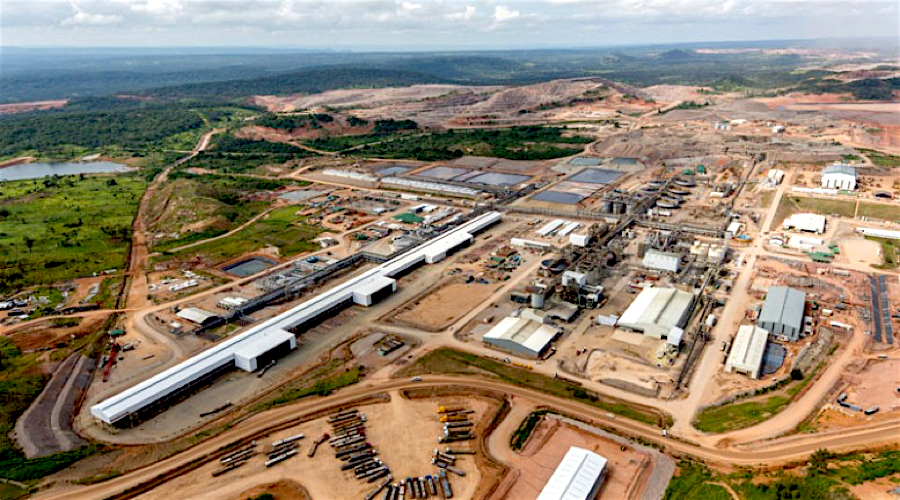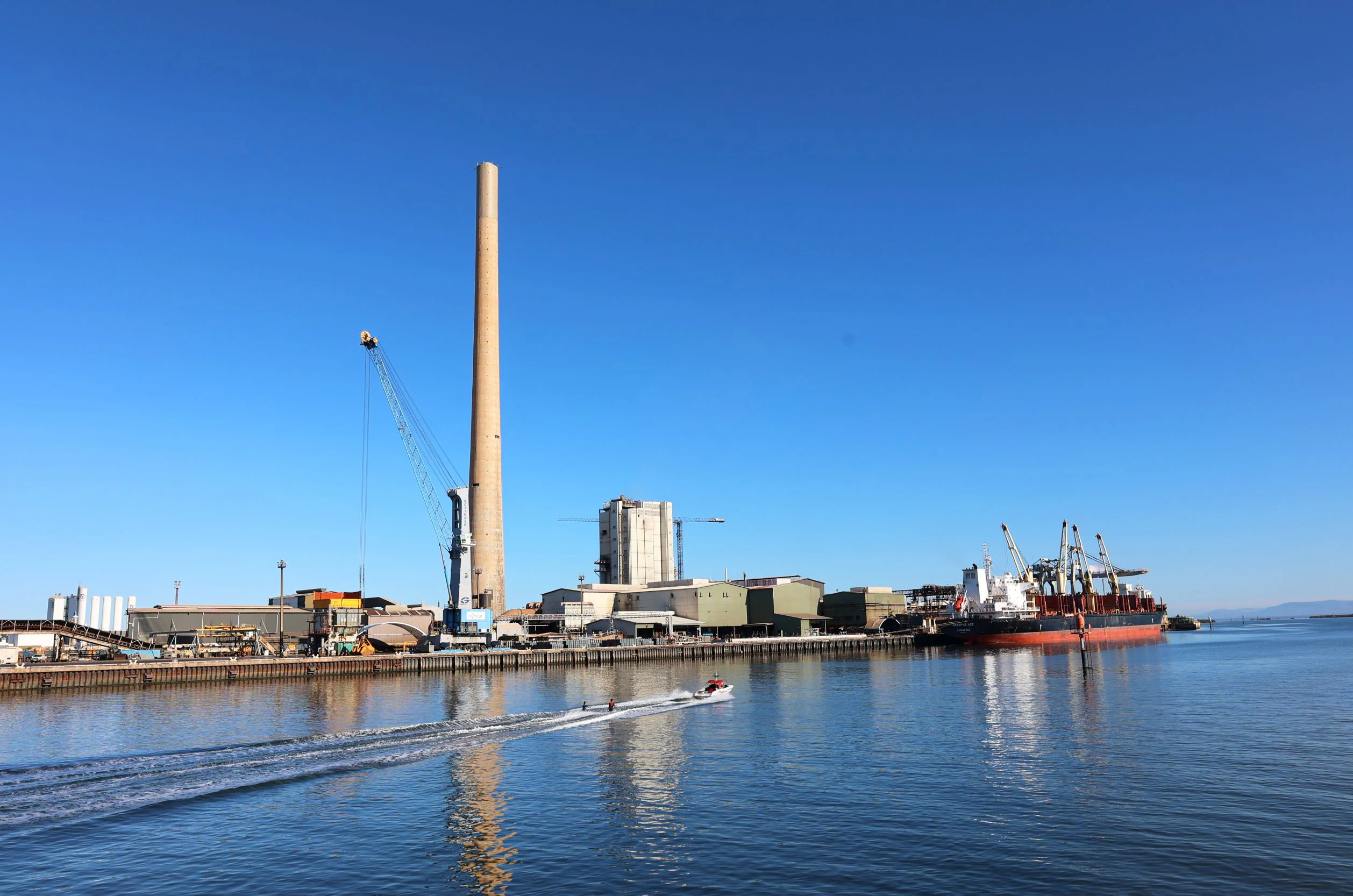China Moly shrugs off South Africa port disruption as DRC cobalt sales rise

China Molybdenum Co is sending more copper and cobalt from the Democratic Republic of Congo (DRC) to ports in Tanzania, Namibia and Mozambique, a spokesman said on Thursday, as it weathers coronavirus disruption at South African outlets.
South Africa implemented a covid-19 lockdown on March 27, under which ports handle only essential goods with reduced staff, leaving minerals mined across southern and central Africa without a key route to international markets.
China Moly, which operates the Tenke Fungurume copper-cobalt mine in the DRC, previously sent around 25% of its output via South Africa ports but was able to make other arrangements once restrictions were announced, the company spokesman said.
Copper output from Tenke Fungurume, one of the world’s largest copper-cobalt deposits, was up 5.4% at 42,694 tonnes in the first quarter
Around half its DRC copper and cobalt is going through Dar es Salaam in Tanzania on the Indian Ocean, while China Moly is also making use of Walvis Bay in Namibia on the Atlantic as well as several small ports in Mozambique.
Its sales of cobalt hydroxide, used to make batteries for electric vehicles, were up 49.3% year-on-year to 5,334 tonnes in the first quarter, a filing late on Wednesday showed.
That led to a draw on inventory as sales by far exceeded output of 3,244 tonnes, which was down 32.4% year-on-year and lagged annual guidance of 14,000-17,000 tonnes for 2020.
Output of copper from Tenke Fungurume, one of the world’s largest copper-cobalt deposits, which was placed in isolation last month due to coronavirus containment measures, was up 5.4% at 42,694 tonnes in the first quarter.
“A strategy of high copper, low cobalt was adopted for the first half of the year” for pricing reasons but cobalt sales were better than expected, the spokesman said, adding that the plan for the second half would be adjusted based on market conditions.
Cobalt prices started the year at around $33,000 a tonne but have since declined more than 8%, while copper hit a four-year low last month as investors feared the pandemic would hit demand.
(By Tom Daly and Helen Reid; Editing by Raju Gopalakrishnan)
More News
{{ commodity.name }}
{{ post.title }}
{{ post.date }}




Comments